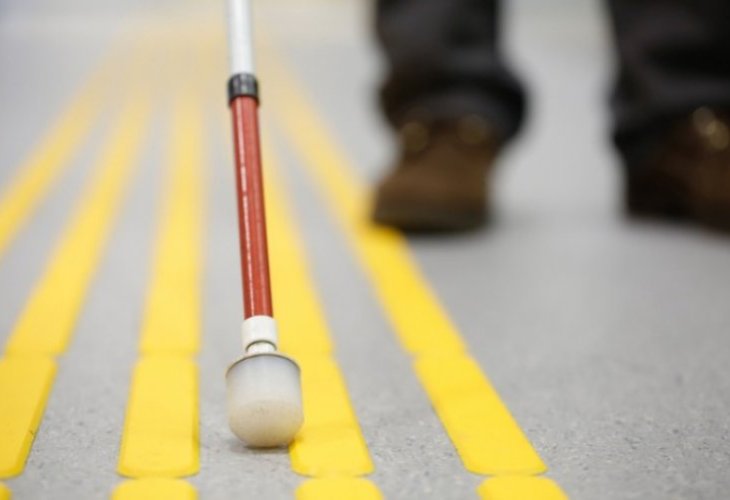Torah Personalities
Rachel Our Matriarch: The Life, Trials, and Eternal Legacy of the Mother Who Weeps for Her Children
The inspiring story, virtues, and enduring influence of Rachel Imeinu

Rachel our Matriarch was born into a home far from Torah and mitzvot — more accurately, a home steeped in idolatry. It was not easy for her to grow up in the house of her father, and her life did not become easier later on, as a wife and as a mother.
The many hardships she endured during her short lifetime ultimately merited her the exalted title “Mother of the Nation” — the one who understands every Jewish heart, the one who weeps for us and prays on our behalf.
Rachel was the daughter of Lavan the Aramean and the sister of Leah. The wickedness and deceit of her father are hinted at in the title “the Aramean” — whose Hebrew letters can be rearranged to spell “ramai,” meaning “deceiver.”
Rachel Meets Jacob
At just 15 years old, Rachel — then a shepherdess, met Yaakov (Jacob) at the well. Jacob miraculously lifted the heavy stone covering the water, and Rachel watered her flock. At that moment, the initial connection between them was formed.
Since Yaakov had no money or possessions to offer Lavan, he offered to work seven years in exchange for the right to marry Rachel. Knowing Lavan’s deceitful nature, Rachel and Yaakov agreed upon secret signs to identify each other on the wedding day.
Rachel’s Unmatched Self-Sacrifice
Lavan deceptively replaced Rachel with Leah. In this painful moment, Rachel performed an act of extraordinary selflessness:
She willingly gave Leah the secret signs, so that Leah would not be humiliated under the wedding canopy when Yaakov would test her.
Our Sages reveal that the exchanged “signs” were the laws of:
Challah, Niddah, and Lighting the Shabbat Candle — forming the acronym CHaN”aH.
“Give Me Children — or I Am Dead”
After another seven years of labor for Lavan, Rachel finally married Yaakov, yet her suffering did not end. She discovered she was barren. While her sister and the maidservants gave birth with ease, Rachel stood aside and cried over her bitter fate.
Eventually, overwhelmed with anguish, she said to Yaakov: “Give me children, and if not — I am dead.”
Rachel Gives Birth to Joseph
When Rachel was finally remembered with a child (our Sages teach that this was in merit of her silence and patience toward Leah), she named him Yosef (Joseph), a name with two meanings:
“God has removed my disgrace.”
“May God add for me another son.”
“And she conceived and bore a son, and said: God has gathered in my disgrace. And she called his name Joseph, saying: May God add for me another son.”
Rachel’s Final Journey
At a certain point, in the dead of night, Yaakov and Rachel decided to flee Lavan’s house and begin a new life far from the pain they had endured. Sadly, Rachel’s strength did not endure the long journey from Padan Aram to Gilead, to Mahanaim, to Shechem, and finally toward Bethlehem.
On the road to Efrat, during the birth of her second son, Rachel passed away. With her final breath she named him Ben-Oni (“son of my sorrow”), but Yaakov renamed him Binyamin. Some say Rachel was only 36 years old at her death.
Yaakov's love for Rachel never faded. It poured into their two sons — first Yosef, whom Yaakov loved “more than all his sons,” and later Binyamin, the youngest.
Why Rachel Is Not Buried in the Cave of Machpelah
Rachel is the only Matriarch not buried in the Cave of Machpelah.
According to tradition, Yaakov buried her on the road because he foresaw that, in the future, the Jewish people would pass by Bethlehem as they were exiled from their land. He hoped that Rachel would feel the pain of her children and pray for them in Heaven.
Rachel’s Traits Passed Down Through Generations
Rachel’s qualities were inherited by her descendants:
Her modesty — seen when she gave Leah the signs — reappeared in King Shaul, her descendant.
Her silence — choosing not to humiliate Leah — reappeared in Binyamin, who knew about Yosef's sale yet remained silent, and in Queen Esther, who concealed her Jewish identity.
Rachel Still Weeps for Her Children
“Thus says God: A voice is heard on high — lamentation, bitter weeping. Rachel weeps for her children; she refuses to be comforted for they are gone. Thus says God: Restrain your voice from weeping and your eyes from tears, for there is reward for your deeds, and your children shall return to their borders.”
(Yirmiyahu 31:15–17)
Rachel, the mother who sacrificed everything, continues to cry for her children and intercede for the Jewish people until the final redemption.

